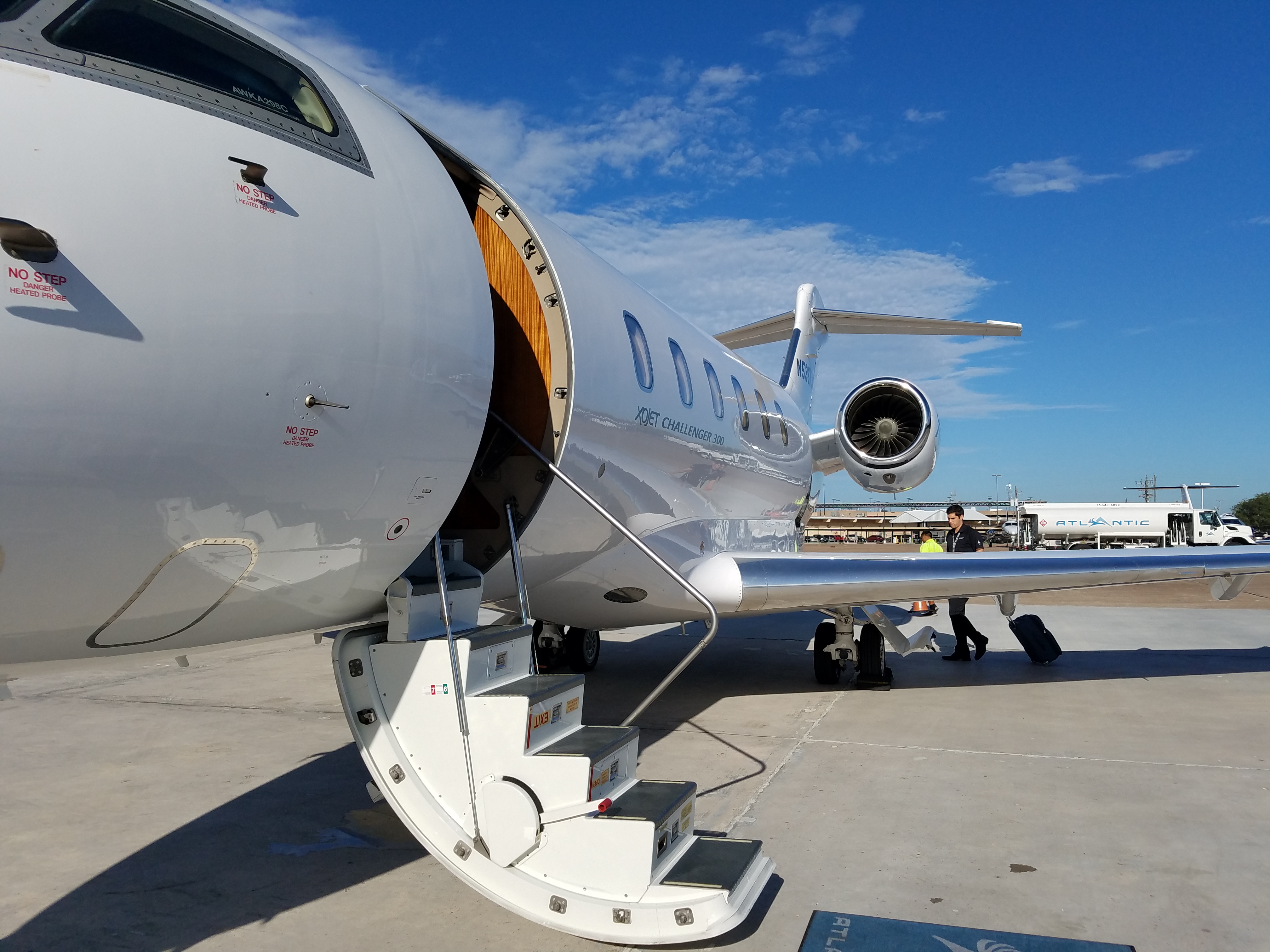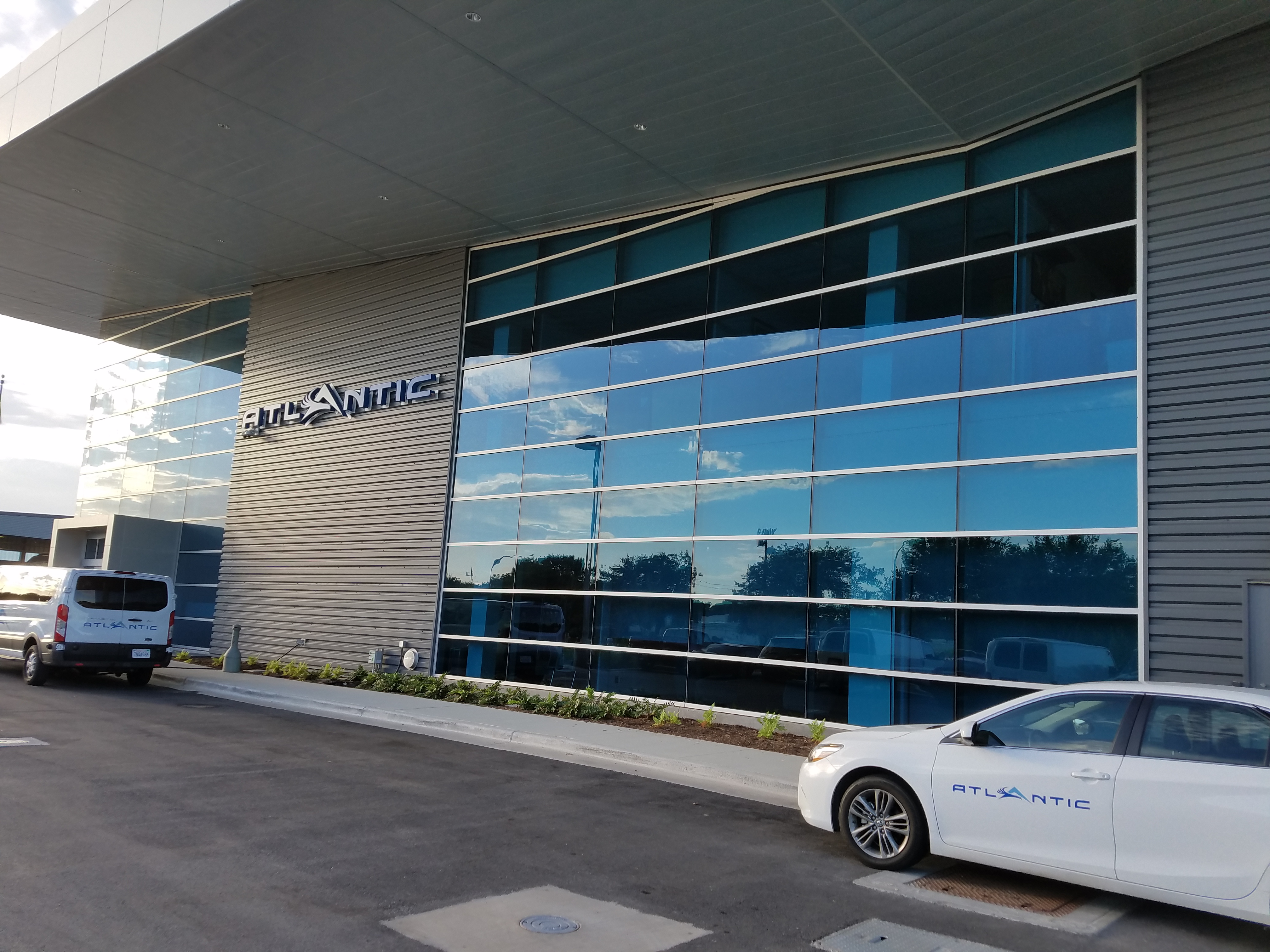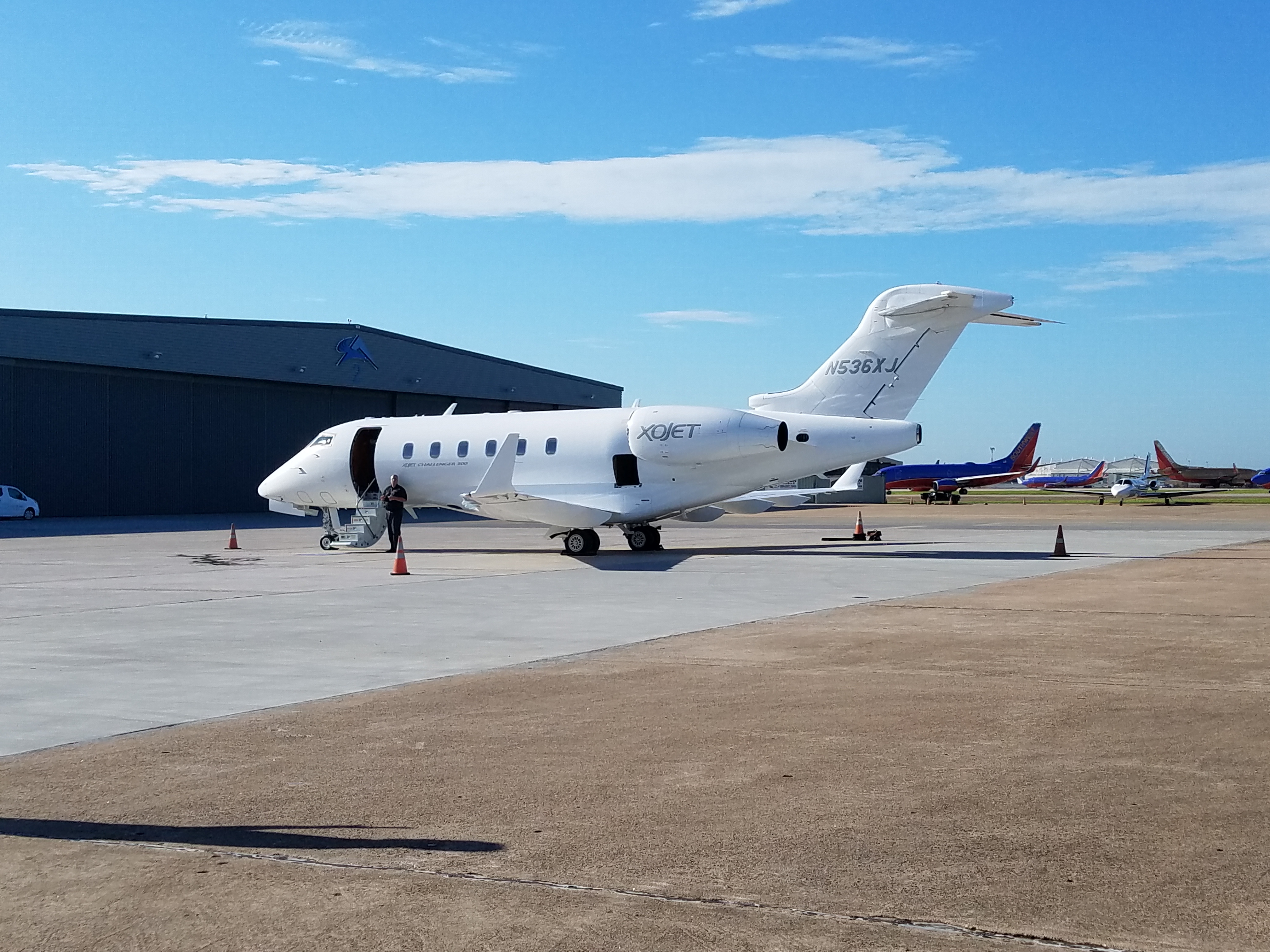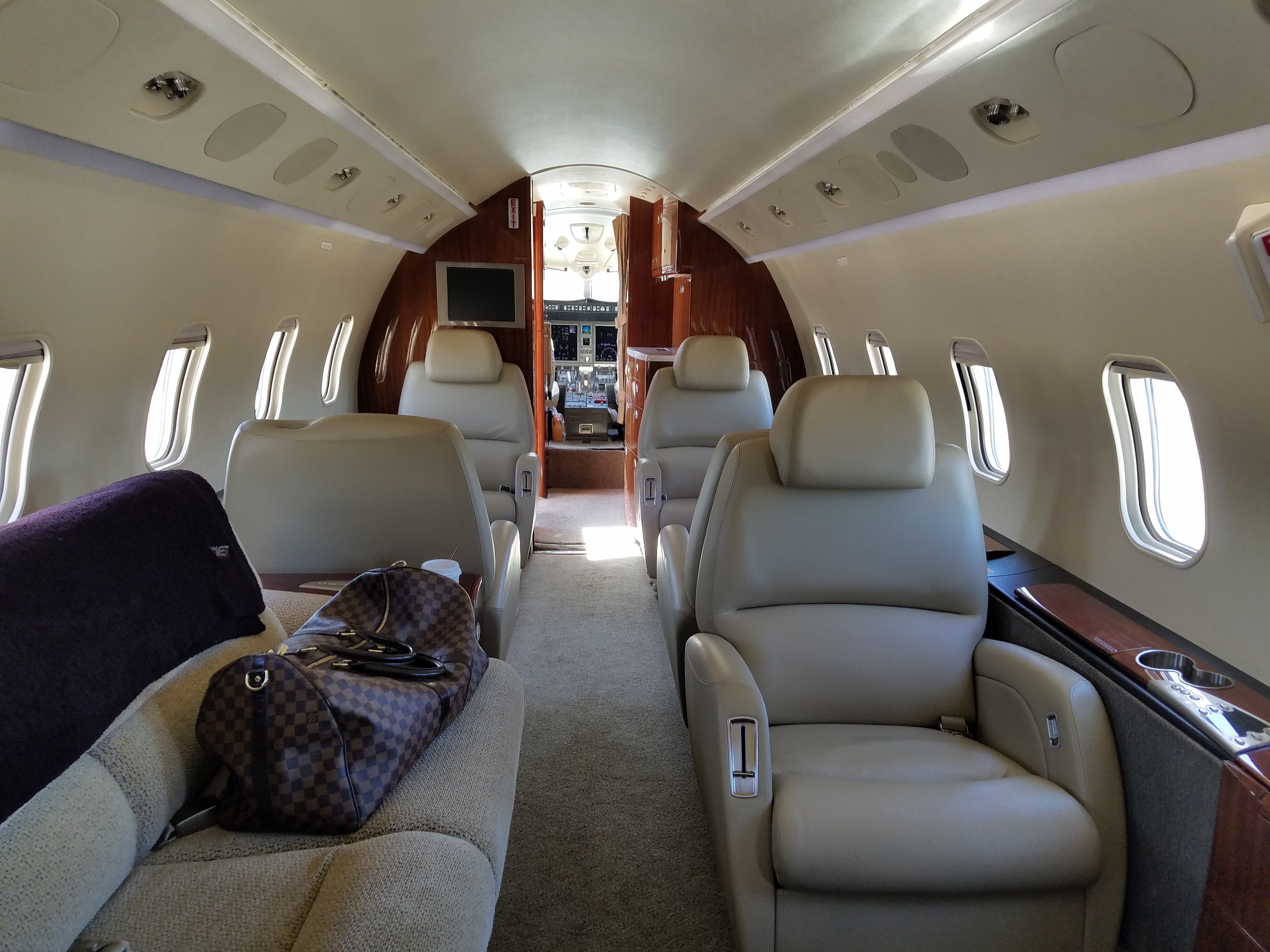Over the last year, invite-only WhatsApp and Telegram groups have exploded with private jet owners (and fractional share users) posting the opportunity to pick up empty seats with them, traveling routes like New York – Palm Beach, Aspen – Southern California, and Texas – Cabo. Then they collect payment via Cash App, Square, and Venmo.
Access to these chats is typically by referral. Posts look like “2 seats open, TEB→PBI Friday 2pm, $X per seat.” The Wall Street Journal reported on these “secret group chats” this summer, noting that even ultra-high net worth travelers buy and sell seats this way. But it’s highly illegal.

The FAA has acknowledged awareness of these private jet seat offers and says it’s “working aggressively” to shut them down. However,
- it regulates operators, aircraft, and pilots — not the messaging platforms where posts appear.
- so it targets the flight and the people operating it, but can’t touch WhatsApp or Square
The FAA’s “Safe Air Charter” initiative warns that selling seats without the proper certificates is illegal and a safety risk. Penalties can include certificate action and civil fines.
Under 14 CFR § 61.113(c), a private pilot can share operating expenses like fuel, airport fees, and pro-rate of rental expense with passengers, only if (i) the pilot pays at least their equal share (ii) there’s a common purpose for pilot and passengers and (iii) there’s no “holding out” (offering) of the seats to the public.

Selling seats to the public, or to a broad undefined group, is treated as ‘common carriage’ which triggers Part 119/135 requirements (an air carrier operating certificate, manuals, maintenance programs, crew duty limits, etc.).
Public charters (selling by the seat without being the operator) are possible, but only under DOT Part 380 with an accepted charter prospectus before selling or taking money. If there’s no Part 135/121 operator or Part 380 authorization behind the seat sale, it’s illegal. Part 380 is how JSX, Aero and others sell individual seats on chartered aircraft.
A little over a decade ago, ‘Uber for Private Jets’ flight sharing sites like AirPooler and then Flytenow emerged and the FAA went hard against them, concluding that pilots using platforms to advertise expense-sharing flights were engaged in holding out and thus common carriage.
- A pilot might be flying somewhere
- And want gas money
- And someone might want to chip in and hitch a ride
- But this was deemed illegal

Flytenow challenged the FAA’s interpretation, arguing that online postings were no different from bulletin board notices that frequently went up at FBOs and flight schools, and that expense sharing isn’t “compensation” requiring commercial certification. The D.C. Circuit disagreed, holding that (1) any payment is “compensation” for these purposes, and (2) platform-based postings constitute holding out, even if access to the forums is “members only.” That killed FlyteNow, and the Supreme Court refused to hear the case.
In 2020, the FAA published an advisory circular on expense sharing, emphasizing common purpose, pro-rata sharing, and no holding out—and explicitly tying online/app postings to the holding-out analysis.
However, this seems clearly like the wrong approach. We know that because Europe and Australia do it better. The ban on Flytenow and WhatsApp groups is a textbook case of regulation protecting incumbents, discouraging efficient use of capital, and punishing voluntary transactions among consenting parties.
- The FAA’s existing restrictions eliminate the best use of expensive aircraft when safety risks are modest and participants understand what they’re doing.
- Restricting seat-sharing constrains what kinds of aviation services can evolve. If you can’t legally book a half-empty private jet, you lose experimentation in matching demand and supply. Uber is more dangerous than FlyeNow ever was!
- Adult passengers already make risky decisions to ride in cars and helicopters. A transparent seat-sharing marketplace doesn’t create blind risk exposure. It gives people options.

The burden to just straight up shut this down should require demonstrating real, unmanageable safety harm. What we should do, instead, is look at Europe and Australia as a model.
- Allow small “ride-share” flights up to 3 to 6 passengers with light regulation
- Cap total annual flights per pilot under this regime, or limit distance or hours, before requiring charter certification
- Require clear disclosures (pilot qualification, aircraft history, maintenance, risk levels) and additional insurance or liability coverage for these flights.
- Authorize platforms that vet pilots, collect safety data, and enable reviews.
Flights could only be permitted in good weather (VFR conditions) allowing no night or instrument-only operations until safety data accumulates – with a built-in path to extending operations once that threshold is met.
Ultimately, the regulatory burden should tier with demonstrated safety performance. If the seat-share flights show safety comparable to charter flights in similar aircraft, constraints should be relaxed.
So what’s the possible counterargument here?
- “This will degrade safety and insurance will become unviable.” Risk exists in many domains already (e.g. helicopter tours). The solution is oversight, not prohibition. If insurers refuse coverage, that is market feedback. For low-risk activities by vetted pilots, coverage can be priced in.
- “It disrupts the existing charter / fractional model and undercuts operators.” That’s called competition. A desire by existing operators to block competition is not a reason to ban pilots from allowing people to catch rides on their planes.
Honestly I’m not sure what other serious complaints one could offer once you study the issue. These are generally planes that are flying safely anyway. That increases efficiency and reduces per-passenger carbon footprint, while meeting a passenger need.
It’s better to get ahead of marketplaces which are operating with guardrails for them than to ignore them as they innovate around you (while pushing them underground).
Australia’s Civil Aviation Safety Authority allows cost-sharing flights so long as certain conditions are met. The aircraft must have no more than six seats (including the pilot). The pilot and passengers must split direct costs (fuel, oil, airway and aerodrome fees) equally, and the pilot must pay at least their share. And they ban public marketing.
The UK and EU permits private pilots to share direct costs of a flight with passengers provided there is no profit component and the flight remains non-commercial, with passengers commonly capped at 5 (plus pilot).
- Starting next month, advertisements for cost-sharing flights will be allowed in the U.K. if they include specific disclosures (e.g. origin/destination, pilot license type, that it’s a private arrangement, total hours flown).
- And platforms are allowed to facilitate cost sharing, if they comply with a “Cost Sharing Charter” (i.e. the platform must ensure transparency, disclaimers, etc.).
Even the highly regulatory British can figure this out. We should find a way to make air travel more convenient, affordable and accessible for planes that already exist and trips already being taken.


An interesting issue. One point is that it’s very likely anyone qualified to fly even a small jet has a commercial pilot’s license (and certainly needs an instrument rating as well as a type rating for that kind of aircraft). So discussing the limits of what a private pilot can charge is confusing…except that they aren’t running a commercial operation! In effect, they are operating with their lower private privileges. So you might want to clarify that. At the least it shows that in all likelihood they have the higher skills and experience required for a commercial certificate.
Since Gary’s looking to Europe for ideas, perhaps, we in the USA should also copy EU/UK 261 and/or Canada’s APPR air passenger rights legislation while we’re at it, because an equivalent of that law would actually help everyday people, not just those on private jets.
Many private jet passengers are everyday people.
I feel like the FAA harassing HNW individuals over this is a great way to land in DOGE’s crosshairs…
@Gray — At least you admit DOGE was never really about ‘waste, fraud, and abuse,’ …it was merely serving their constituents (no, not ‘the people’), the donor-class, the ultra-rich, the 1/10th of the 1%.
I’m a lawyer that helps clients set up ownership structures and cost sharing. The insurance companies wouldn’t insure these flights. Also, the people buying seats don’t understand the difference in Part 91 operations v 135 (Part 91 has lower inspection/oversight requirements and less strict pilot requirements). People agreeing to buy seats don’t understand that they’re not buying seats operated by a licensed charter operator.
@John Farrish – insurance companies naturally aren’t going to insure something that isn’t legal today for sure, the point is to change that
I just read “many private jet flyers are everyday people”. If you mean everyday people are elected officials getting favors from lobbyists of free air travel to sway a vote or everyday people have a 7 digit income , I can agree. Since $2000 an hour plus crew expenses is the starting point for hiring a jet, that leaves out the average American income.
@Lighting 1 — Some are indeed upset by such egregious inequities in our modern society, especially when there are ample resources and ability to provide basic necessities for everyone… so, some go so far as to say, ‘eat the rich,’ but, we fail to ask, if the rich don’t want to be eaten, then why are they so darn tasty?! Nom, nom, nom, nom…
Gary is out of depth. Very few of these are flown by privat epilots.
I’m trying to understand this correctly…
So under the current rules if I have a pilot friend who owns a plane and offers me a ride and I chip in for gas, it’s fine, but soon as that same pilot offers that same seat to the public for the same price to cover the gas, then it becomes illegal?
@Jinxed_K — Simplify further so more can understand; like, pretend it’s cars instead of planes. Yes, you can chip-in for gas with your friend, but, if it’s a ride-share, like Uber, Lyft, etc., then there are additional regulations, insurance, and costs. Some think even that is silly; too bad. I know, it’s not gravity, not naturally occurring; no, these rules are indeed human constructs, so they don’t self-enforce, and also they can be changed. Thus, Gary is advocating for a change, as many of us do on random topics at times (see my frequent promotion of a US-equivalent of EU261, yet again, above).